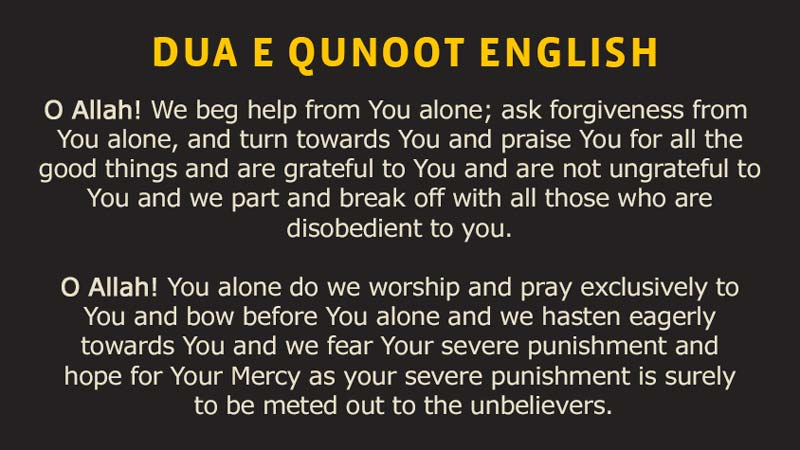
So Allah's Apostle recited qunut for a period of one month asking Allah to punish them." In Musannaf Ibn Abi Shaybah it is mentioned that for this very reason the Sahaaba-e-Kiraam (radhiallahu anhum) used to recite the qunoot before ruku. Allah's Apostle recited qunut after bowing (i.e qunoot e nazilah) for a period of one month." Anas added, "The Prophet sent about seventy men (who knew the Quran by heart) towards the pagans (of Najd) who were less than they in number and there was a peace treaty between them and Allah's Apostles (but the Pagans broke the treaty and killed the seventy men). "was mistaken," according to the Hijazi dialect). I asked, "Before bowing or after it?" Anas replied, "Before bowing." I added, "So and so has told me that you had informed him that it had been after bowing." Anas said, "He told an untruth (i.e. Anas replied, "Definitely it was (recited)". Narrated by 'Asim Ahwal : I asked Anas bin Malik about the qunut.

Rather what is proven from the sahabas (r.a.a) is that thr isha'a witr qunoot is recited before the rukoo itself. This is because there is no specific sahih/hasan hadith which indicates that rasool (s.a.w) or the sahabas (r.a.a) (during their normal Isha'a witr prayer) recited the qunoot after rukoo. The second option and the better or safer option is that Qunoot e witr should be recited before the rukoo only. ’ He called him and said to him or to someone else, ‘ When anyone of you makes du’aa’, let him start by glorifying his Lord and praising Him, then let him send blessings upon the Prophet (peace and blessings of Allaah be upon him), then let him pray for whatever he wants.

The Messenger of Allaah (peace and blessings of Allaah be upon him) said, ‘This man is in a hurry. Some scholars like Imaam al-Nawawi (r.h) and others said in al-Adhkaar, p 176 that it is Mustahab (Highly Recommended) whereas some other scholars consider it to be compulsory to Praise Allah first and then send Blessings (Durood Ibrhaim or the likes of it) upon the Prophet (s.a.w) and then ask or supplicate whatever one wants because of the Following Hadiths : 1) It is narrated from Faddaalah ibn ‘Ubayd (may Allaah be pleased with him) who said: “The Messenger of Allaah (peace and blessings of Allaah be upon him) heard a man making du’aa’ in his prayer without glorifying Allaah or sending blessings upon the Prophet (peace and blessings of Allaah be upon him). Raising the hands (to make dua) during the Qunoot e Nazilah Ibn ‘Umar heard the Messenger of Allaah (blessings and peace of Allaah be upon him) say, when he lifted his head from bowing in the second rak’ah of Fajr: “O Allaah, curse So and so, and So and so, and So and so,” after he said Sami’a Allaahu liman hamidah, Rabbana wa laka’l-hamd

When he (s.a.w) prayed against some of the Arab tribes because of the severity of their enmity towards Allaah and His Messenger, he said: “O Allaah, punish Mudar severely and send upon them a famine like that of Yoosuf.” It was narrated that Ibn ‘Abbaas (may Allaah be pleased with him) said: The Messenger of Allaah (blessings and peace of Allaah be upon him) prayed Qunoot for a month in Zuhr, ‘Asr, Maghrib, ‘Isha’ and Fajr prayer, when he said: Sami’a Allaahu liman hamidah in the last rak’ah (i.e after getting up from rukoo in the last rakah), praying against some tribes of Banu Sulaym, and against Ri’l, Dhakwaan and ‘Usayyah, and those who were behind him said Ameen.


 0 kommentar(er)
0 kommentar(er)
